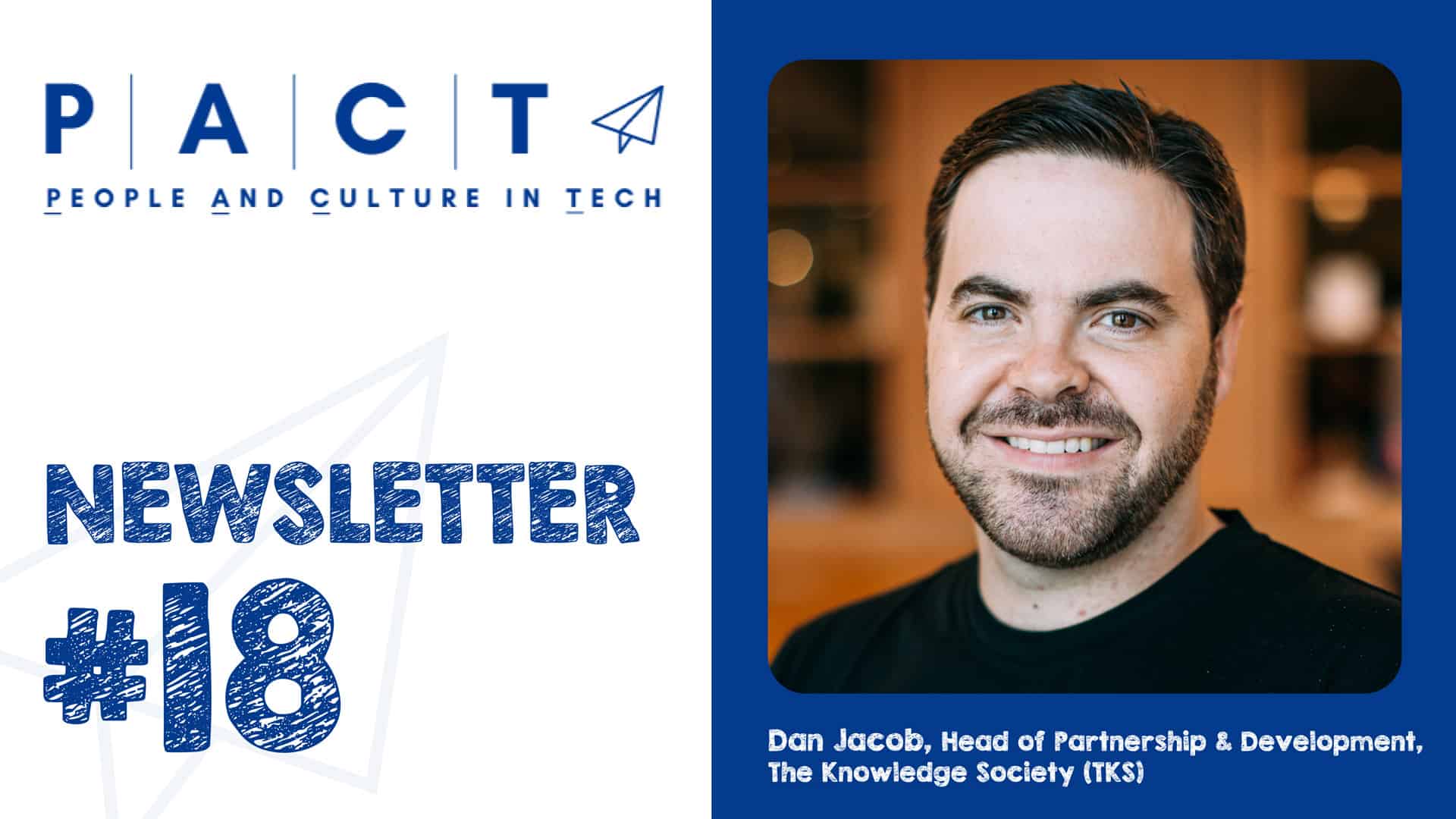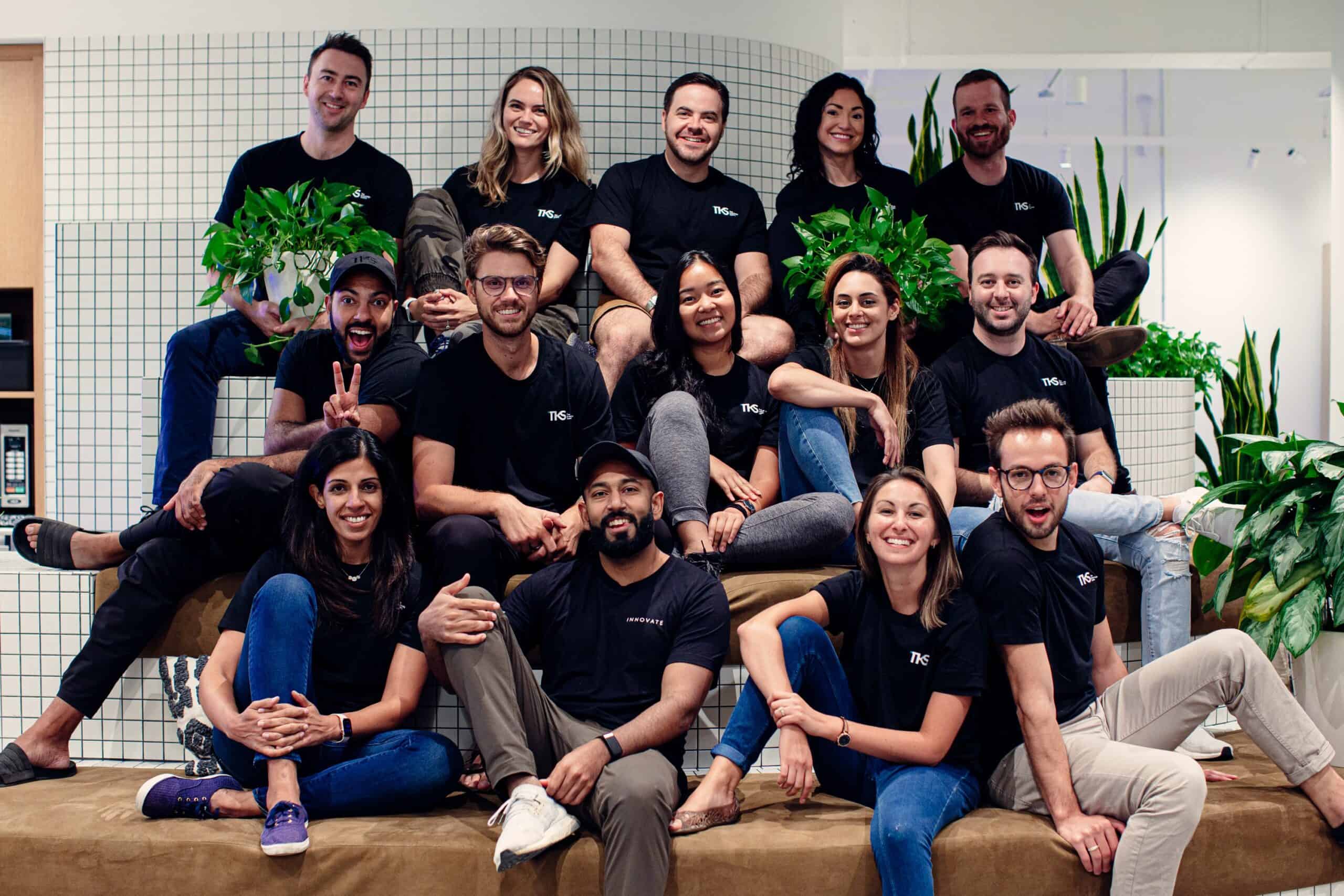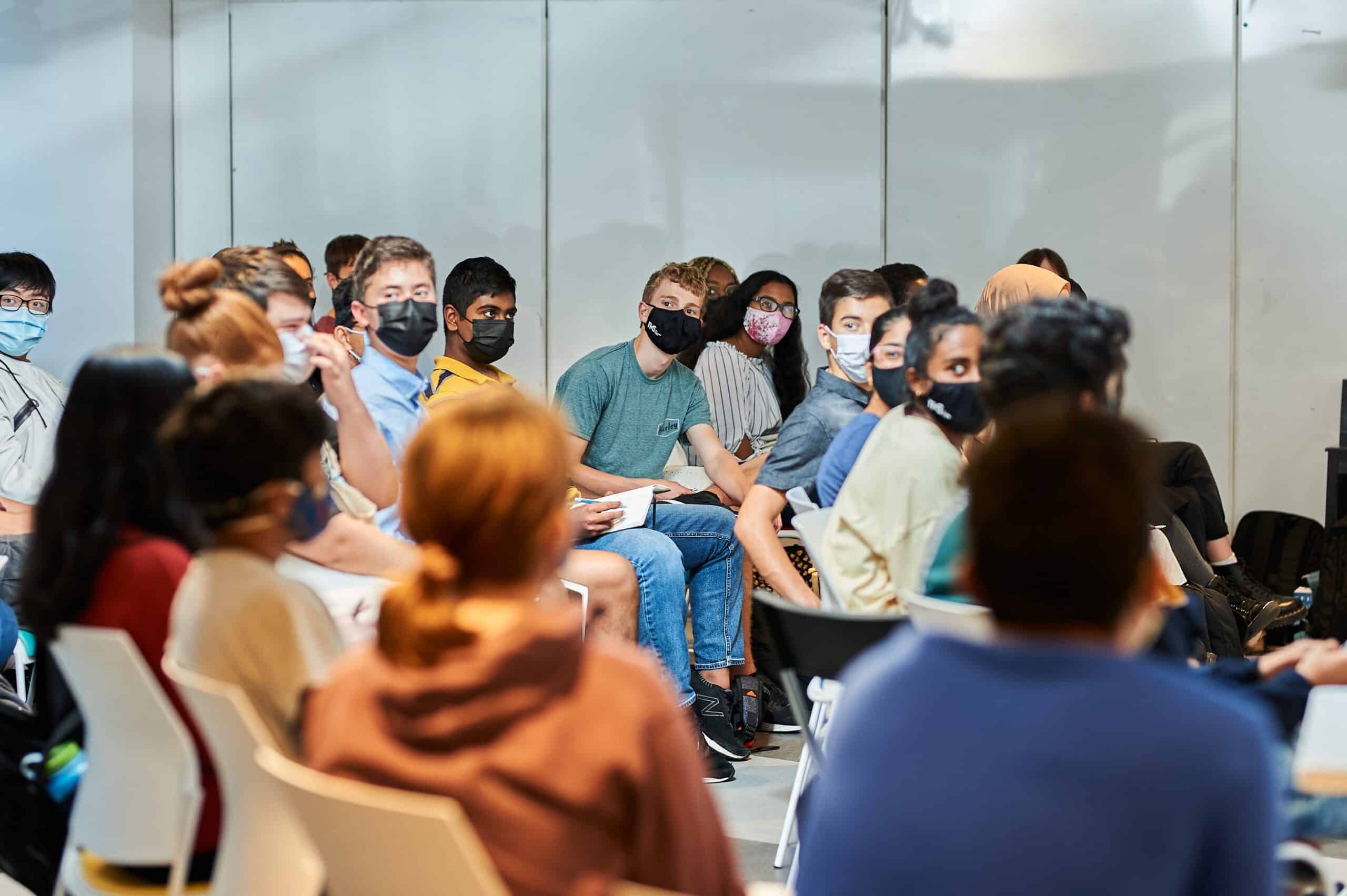Why Recruiters Should Think of Themselves Like Sport Scouts
Stefan Palios

There are a lot of analogies you can use about recruiting, but they all boil down to one thing: in a heated war for talent, companies need to work even harder (and get more innovative) to find the right talent at the right time. Speaking with PACT News, Dan Jacob, the Head of Partnership and Development for The Knowledge Society (TKS) shared why he thinks recruiting should be more like sports scouting than anything else.
Key takeaways:
- The issue with the current talent pipeline is that it doesn’t optimize for spotting innovative thinkers.
- Recruiting should focus on spotting creativity and ambition, two key pillars of innovation.
- To spot innovative potential, recruiters should think like sports scouts.
- Sport scouts don’t just find talent. They identify high potential candidates and develop nurture programs to help that person grow into the role.
SuccessFinder empowers HR teams with in-depth behavioral insights for predictive hiring and talent management. We’re obsessed with helping individuals and organizations achieve their full potential.
Be sure to follow along on LinkedIn for content you don’t want to miss!
Corporate recruiting isn’t sustainable anymore.
The traditional model of corporate recruiting - screening the candidates that apply and chasing candidates with great profiles - isn’t going to cut it in a world of rapid change brought about by technology. Instead, recruiters should think of themselves like scouts on the lookout for (and focused on nurturing) the next generation.
Dan Jacob is trying to help recruiters face this challenge with more ease. As Head of Partnership and Development for teenager education program The Knowledge Society (TKS), Dan is building the farm team program that helps teenagers land internships at Microsoft, PwC, and other global giants.
Speaking with PACT News, Dan shared his views on the problems with the current education system, how TKS is building a new model for education, and what it means to be a talent scout versus a recruiter.

The need for optionality
It’s easy to say the current school system is unprepared for the rapid changes brought about by technology. However, Dan doesn’t think it needs a rip-and-replace.
“It’s less about creating an alternative and more of an augmentation or creating optionality,” said Dan.
Looking at the traditional education system, Dan sees the primary challenge as the gap between what’s being taught and what’s actually happening in the world.
“The current system caters to the lowest common denominator,” said Dan. “It focuses on what has been, versus what’s coming now. We see this all the time in the scramble to upskill talent in the workforce. Both high school and even university curricula are not keeping pace.”
To Dan, the solution is not to cram more rote memorization into the curriculum. Instead, it’s building the capacity to screen for innovation, which is a function of two things: curiosity (about anything) and ambition (to push through crappy times and continue learning about the thing you have curiosity for).
“We talk about the need to innovate, but the system we use to set us up for success is not optimized to identify innovative talent,” said Dan.
Building a program for talented teens
When Dan talks about the business side of things - how companies can recruit top talent despite the educational gaps - he takes inspiration from sports scouts.
Professional sports teams all over the world have scouts that attend kids league games and look for people who could become the next Lionel Messi or Megan Rapinoe. From there, those kids are offered spots in nurturing training programs that not only focus on their body and skills, but also their mindset.
This is the model that Dan and the entire TKS team uses to build its global programming to help teens learn about emerging technologies. Unlike traditional schooling that focuses on discipline and memorization (two valuable skills, to be sure), TKS takes a talent scout approach and uses four buckets to distill its programming:
1. Knowledge: Exposure to the world’s problems and the emerging technologies in the world. This is less about memorization and more about knowing how to keep pace with rapid changes.
2. Skills: Learning both hard skills (usually technology focused, such as coding), and soft skills (such as negotiation).
3. Mindset: TKS teaches 30+ mental models that teens can use to make decisions and assess problems in lieu of waiting a lifetime for the experience to make a decision.
4. Networks: Networking in TKS fits under three principles: building a network before you need it, “Growth Mentorship” from someone who has been in industry and can help cultivate leadership characteristics, and “Focus Mentorship” from subject matter experts in a teen’s chosen field of interest.
“We think of TKS like a mini-PhD for high school students,” said Dan. “It’s a chance to learn domain expertise they can’t get in regular high schools.”

Decreasing barriers to opportunity
Underpinning all of TKS’ work is a belief in diversity: Dan said not only is the program 74% non-white, but 46% identify as female and over 60% are on financial aid from the TKS foundation. These statistics, said Dan, reflect a conscious effort over years to reach out into underserved communities and make sure that TKS is continually getting more accessible.
One way Dan and the TKS team ensure accessibility is through their charitable arm. While TKS is a for-profit organization, they have a charity side that applies 100% of corporate sponsorships and donations toward student financial aid.
On top of financial accessibility, Dan and the TKS team are working to make programming more accessible by going virtual. During 2020 and 2021 (prompted in part by the COVID-19 pandemic), TKS expanded from seven cities to 36 countries, now working virtually to help teens in remote areas of the world access TKS’ education and mentor network.
This model has been so successful that TKS placed over 100 teens with internships at places like Microsoft and PwC in the past year. And much to Dan’s surprise, one hiring manager at a global corporation asked to hire the teens back full-time. When Dan reminded the hiring manager that these kids were only 16, their response was the teens had the same level of potential as the undergrads the company brought in.
“Companies want to know what people can do,” said Dan. It matters less and less where you went to school and increasingly matters less where you are. They just want to know if you can add value to the organization.”
BACK









